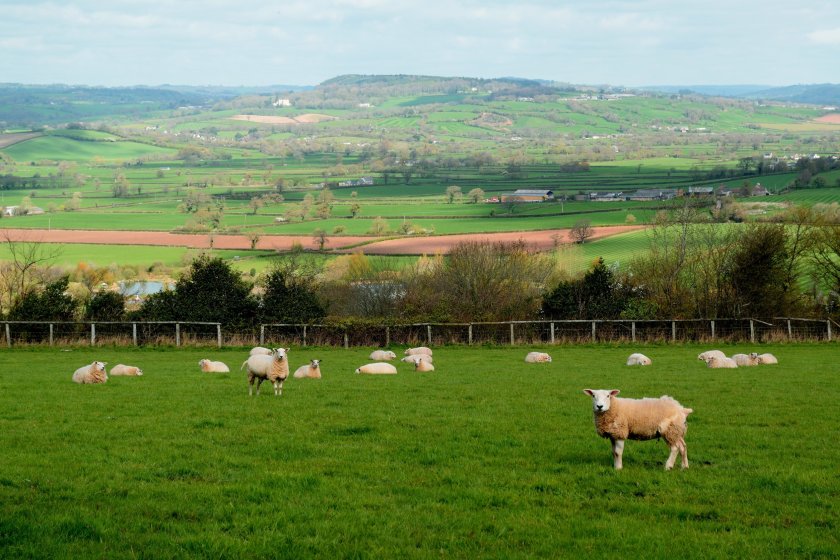
Consumer trust in British agriculture remains strong, with over 60% feeling positive towards the industry, a new survey shows.
AHDB’s recent trust and transparency research has found that consumer trust in UK farming remains strong.
The survey, conducted by Blue Marble in August 2023, also found that the environment is important to 51% of consumers when choosing food.
However, the public are carefully balancing household finances due to the cost-of-living crisis, so while interest in the environment is strong, it sits alongside cost and quality in terms of priorities
As part of AHDB’s focus on the reputation of British farming, it has been tracking consumer trust and the effect on the environment since 2019.
The latest results of its study show that consumer perceptions of agriculture remain positive, with over 60% feeling very or somewhat positive towards British agriculture over the last 5 years.
There was an increase in positivity in 2020 due to a greater consumer focus on the food supply chain as a result of the Covid pandemic.
Farmers continue to be the most trusted sector of the food supply chain with 71% of consumers agreeing that farmers are ‘trustworthy’, compared with supermarkets and food processors scoring 50% and 41%.
The general public also rank famers significantly above other areas across the supply chain for their expertise, animal welfare and caring for the environment.
The public are more concerned now about environmental issues than in 2020, with particular interest in water issues relating to water pollution (74%).
In addition, consumers mentioned plastic in food packaging (76%) and rainforest and habitat destruction (75% and 76% respectively).
When assessing specific demographics, those cutting meat intake were most concerned about the methane from livestock, effects of insecticides and water use in British crop production.
Meanwhile, 'Gen Zs' were more concerned about plastic use on farms, loss of native UK species due to farming and water usage in imported crops.
Responding to the survey results, Vanessa Adamson, AHDB consumer insight manager, said consumers should be provided with information to clarify the meaning of all environmental and agricultural terminology to improve understanding.
She also called on the industry to utilise the trust in British farming to communicate welfare, sustainability and environmental initiatives to support the meat and dairy industry.
"Provide transparency where possible around where and how British food is produced," Ms Adamson also suggested.
"And build on the knowledge that Gen Z’s have learnt about climate change through school and provide factual environmental reports via social media."
